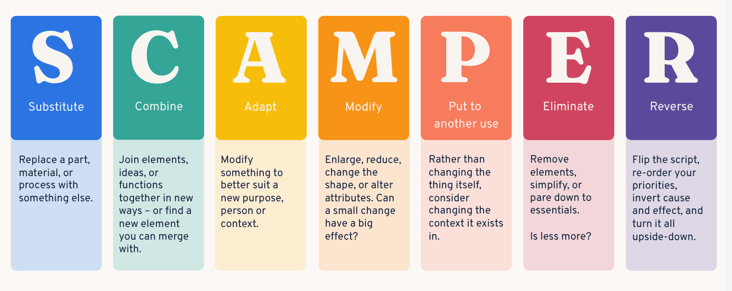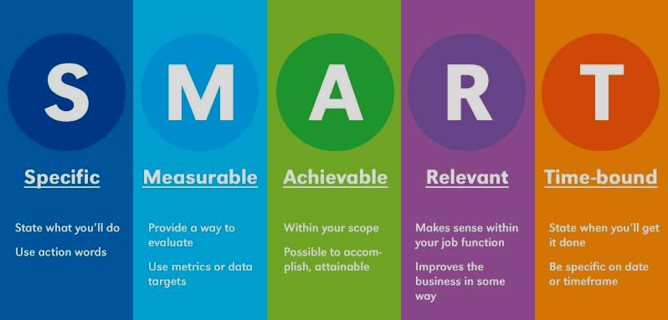How to Find a Business Idea: Turning Your Passion into Profit
ENTREPRENEURSHIP
5 min read


Identifying Your Passions and Skills
Identifying your passions and skills is an essential first step in the journey toward entrepreneurship. By engaging in self-reflection, you can better understand what drives you, what you value, and where your strengths lie. This foundation is crucial for generating viable and fulfilling business ideas that resonate with your interests.
One effective technique for uncovering your passions is brainstorming. Set aside time to explore a variety of topics that pique your interest. Write down areas you feel excited about, hobbies you've enjoyed, or subjects you often find yourself researching. This unfiltered initial list can serve as a springboard for further exploration.
Journaling can also be a powerful tool in this discovery process. Regularly jot down thoughts about your daily experiences, noting what brings you joy and satisfaction. Reflect on moments when you felt the most engaged or accomplished. By reviewing these entries, patterns may emerge that reveal your underlying passions and skills.
Consider utilizing personality assessments as a structured approach to gaining insights into your inherent strengths and preferences. Tools like the Myers-Briggs Type Indicator (MBTI) or the StrengthsFinder assessment can provide clarity on your characteristics and how they align with potential business paths. Understanding your personality type can help identify careers that may be a perfect fit for you.
In this context, your values also play a significant role. Consider what matters most to you—be it sustainability, innovation, or community involvement. Aligning your business idea with these values not only enhances your motivation but can also attract customers who share similar beliefs.
By engaging in these exercises—brainstorming, journaling, and personality assessments—you will create a clearer picture of your passions and skills. This self-awareness is vital for transforming your interests into a successful and meaningful business venture.
Researching Market Needs and Trends
Conducting thorough market research is essential for aspiring entrepreneurs seeking to identify business opportunities that align with their passions. To begin, one effective method is implementing surveys, which can be utilized to gather direct feedback from potential customers. Surveys allow you to ask specific questions regarding consumer preferences, pain points, and expectations within a particular niche. This data is invaluable in discerning what the market truly needs, helping you to create a product or service that resonates with targeted audiences.
Another method is analyzing social media trends. Platforms such as Twitter, Facebook, and Instagram provide a wealth of information concerning consumer interests and behaviors. By observing trending hashtags, discussions, and user-generated content, you can gain insights into what captivates your potential customers. Engaging with online communities through these platforms may also reveal unforeseen gaps in the market that align with your passion. Such insights can guide you in positioning your future business effectively.
Studying the competitive landscape is vital when researching market needs. Analyze competitors within your area of interest to understand their offerings, strengths, and weaknesses. Tools like SWOT analysis (assessing Strengths, Weaknesses, Opportunities, and Threats) will enable you to evaluate their position and identify areas where you can offer something different or improved. Moreover, examining their customer reviews can provide you with valuable feedback regarding what consumers appreciate or dislike, allowing you to align your business idea with actual market demands.
Through diligent research using these methods—surveys, social media analysis, and competitive landscape evaluation—you can uncover significant opportunities to transform your passion into a viable business. Understanding the needs and trends of your targeted market not only helps in defining your product but also positions your business for success in a competitive environment.
Generating Ideas and Validating Concepts
Generating viable business ideas is an essential step for any aspiring entrepreneur. It begins with identifying your passions, which can often serve as a wellspring of ideas. Once a list of passions has been compiled, various brainstorming techniques can be employed to transform these interests into potential business concepts. One effective method is mind mapping, which involves visually organizing related ideas around a central theme. This technique allows individuals to explore diverse pathways stemming from a single passion, leading to a multitude of business opportunities.
Another useful approach is SCAMPER, an acronym that stands for Substitute, Combine, Adapt, Modify, Put to another use, Eliminate, and Reverse. By applying each of these prompts to your core ideas, you can systematically explore how to enhance or redefine your business concepts. For instance, by modifying an existing product or combining two ideas, you might discover a unique solution that meets market needs.
However, generating ideas is only part of the process. Validating these concepts is equally critical to ensure that they possess viable market potential. The first step in validation involves testing your ideas through conversations with potential customers or industry experts. Honest feedback can reveal insights into whether your concepts resonate with the target audience. Tools such as surveys can be particularly valuable in gauging interest and collecting opinions from a broader group.
Creating a prototype or a minimum viable product (MVP) can provide tangible proof of concept, allowing you to assess feasibility and interest in a real-world context. By integrating feedback from these testing methods, you can refine your ideas and better position them for implementation. Ultimately, the combination of creative brainstorming and diligent validation lays a solid foundation for transforming passions into profitable business ventures.
Developing a Business Plan and Next Steps
Once you have validated your business idea, the next pivotal step is to develop a comprehensive business plan. This document serves as a roadmap, outlining the direction and future framework of your business. An effective business plan comprises several essential components, beginning with a clear mission statement. This statement articulately defines your business purpose and the values that will guide your operations.
Identifying your target market is the next crucial aspect of your business plan. Understanding whom you intend to serve can significantly influence your marketing strategies and product development. Conducting market research will provide insights into customer demographics, preferences, and behaviors, allowing for informed decisions in this regard.
The strategies section of your plan is where you define how you intend to achieve your business goals. This may involve outlining your marketing approach, sales strategies, and operational plans. Defined strategies help ensure that all team members are aligned and working towards the same objectives. Furthermore, strong financial projections are necessary to demonstrate the viability of your business idea. Detail your expected revenues, expenses, and profit margins to outline the financial health of your future enterprise.
Setting specific, measurable, achievable, relevant, and time-bound (SMART) goals is essential as you move forward with your business endeavors. This structured approach will not only clarify your objectives but will also allow for better tracking of progress over time. Establishing a timeline can aid in the prioritization of tasks and facilitate a smoother launch process.
Moreover, finding resources or support systems is vital for any entrepreneur. This can range from seeking mentorship, accessing funding, or utilizing local business development centers. Creating a network of support will enhance your ability to navigate challenges and improve your overall chances of success. Creating a thorough business plan, including these crucial elements, will prepare you for taking the next steps toward launching your business effectively.












